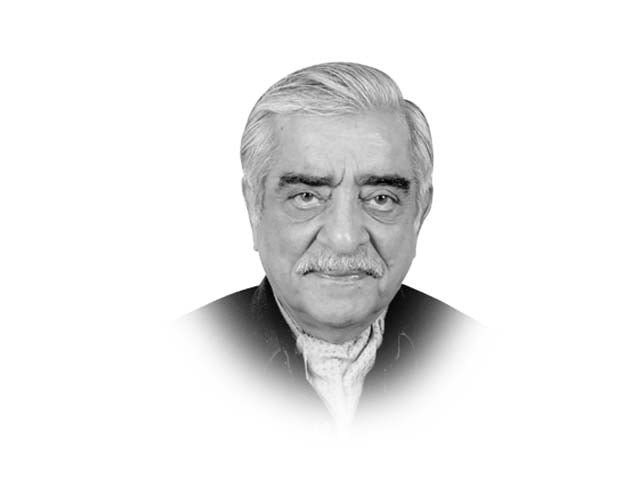The Salala tragedy and the Bonn conference
Bonn conference may be US dominated but is a forum where Pakistan needs to put forward its ideas on Afghanistan.

The Salala tragedy and the Bonn conference
However, perhaps the most significant step has been the decision not to attend the Bonn conference jointly chaired by the Afghans and Germans. Repeated pleas from President Karzai, Chancellor Merkel and Secretary Clinton to recognise the seminal importance of this assemblage of 85 countries and 15 international organisations for the future stability of Afghanistan and to reconsider the decision have been turned down with the prime minister apparently telling President Karzai that for Pakistan its survival was more important than the stability of Afghanistan.
The Pakistani sense of outrage is understandable. The death of 24 soldiers at the hands of theoretical allies, could not, in our army’s view, be attributed to ‘friendly fire’ in the ‘fog of war’ that every soldier is familiar with. Much has been revealed about the incident in recent briefings. It is to be hoped, however, that the Pakistan military, in keeping with its professional responsibilities and bearing in mind Pakistan’s relatively low credibility, will now put out a chronological record of the incident. Such a record would provide a detailed Pakistani version to serve perhaps as a counterpoint to the American inquiry report of the Americans that is expected only as late as December 23.
So far the Americans have conceded only that the deaths were caused by Nato helicopters and C-130 gunships. In the words of General Martin Dempsey, the chairman of the US joint chiefs of staff, Pakistanis “have reason to be furious, because they have 24 soldiers dead, and the ordnance that killed them was the ordnance of a partner”. He has appealed for patience. It is, of course, difficult for the Pakistanis to exercise such patience particularly when more than three weeks have been allowed to the air force brigadier appointed to carry out the inquiry. The inquiry, given its impact on US-Pakistan relations and the situation in Afghanistan, should be completed and published within a week or 10 days.
Damage has been done to the US-Pakistan relationship and, perhaps, despite American hopes to the contrary, the damage is irretrievable in terms of the trust and confidence that each side has in the motives and ambitions of the other. But this should not lead Pakistan to overlook the vital interest it has in helping to bring about reconciliation in Afghanistan. It should be clear that continued turbulence in Afghanistan affects no other country as much as it does Pakistan. The Bonn conference may be dominated by the Americans but it is an international forum at which Pakistan needs to put forward its ideas on how stability can be brought to troubled Afghanistan because it is certain that to move in this direction, Afghanistan, primarily, and Pakistan, secondarily, will need the support of the international community. Let us not also exaggerate the ‘leverage’ we enjoy. It is rapidly declining as I will try and show in future articles.
Not attending the Bonn conference may assuage chauvinist fervour but it is tantamount to cutting your nose to spite your face. Our inability to influence the deliberations of the 2001 Bonn conference led to what I call the ‘original sin’ — the failure to work out an equitable division of power between the various ethnic groups in Afghanistan. This more than anything else contributed to making the defeated and demoralised Taliban the standard-bearers of Pashtun nationalism in Afghanistan. At that time, our standing in the international community was low and the American hubris was high. Today, our views would have much greater weight but these need to be clearly articulated in Bonn.
Published in The Express Tribune, December 4th, 2011.














COMMENTS
Comments are moderated and generally will be posted if they are on-topic and not abusive.
For more information, please see our Comments FAQ